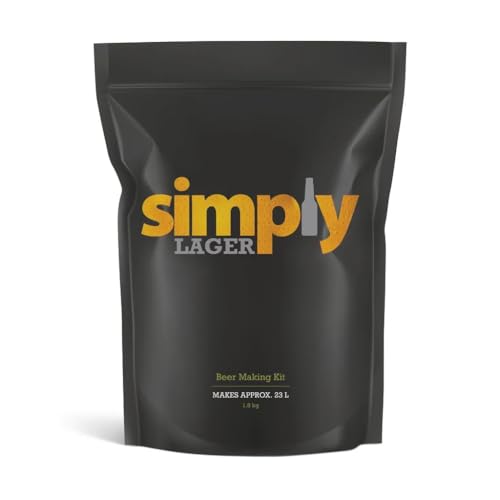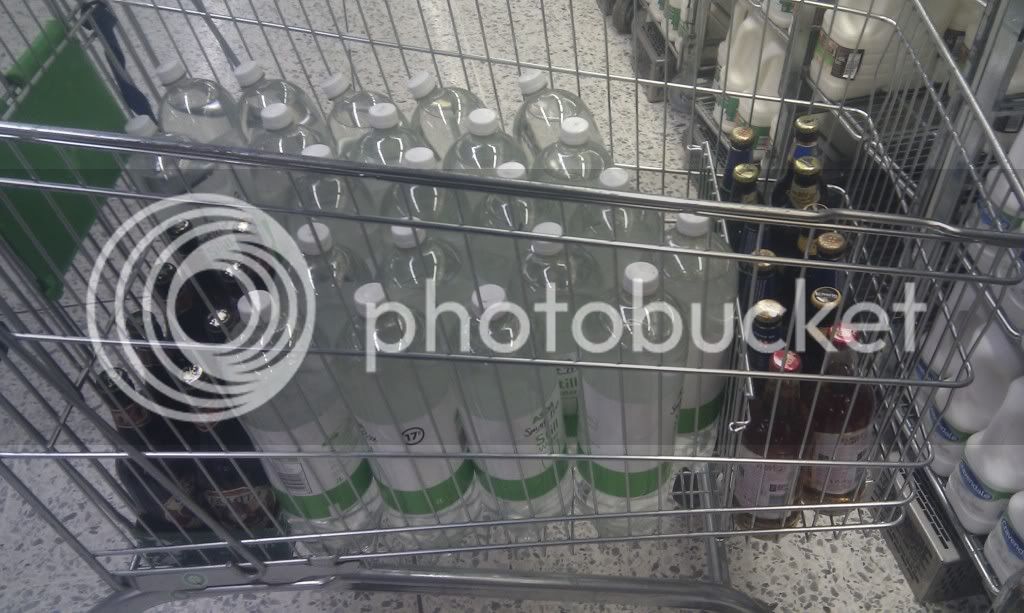I'm wondering if anyone else has had this issue before and can offer suggestions..
I've noticed an odd smell/taste to the wort right after mashing (but before boiling) - hard to describe but it is like a puckering/astringent smell and taste. This is ultimately finding its way into the end product and slightly overwhelms the hop taste.
I'm mashing at 66/67C for 90 mins and batch sparge water added at 78C. I used my new thermopot mash tun yesterday and was checking the wort whilst sparging and it never went lower than 1010 at 55C
I'm treating all my water with CRS to end up around 30PPM and I add a teaspoon of gypsum to the mash. Do I need to consider more treatments/salts etc? I must admit I'm no chemist and don't want to overdo things.
I've noticed an odd smell/taste to the wort right after mashing (but before boiling) - hard to describe but it is like a puckering/astringent smell and taste. This is ultimately finding its way into the end product and slightly overwhelms the hop taste.
I'm mashing at 66/67C for 90 mins and batch sparge water added at 78C. I used my new thermopot mash tun yesterday and was checking the wort whilst sparging and it never went lower than 1010 at 55C
I'm treating all my water with CRS to end up around 30PPM and I add a teaspoon of gypsum to the mash. Do I need to consider more treatments/salts etc? I must admit I'm no chemist and don't want to overdo things.









![BREWING THERMOMETER STICKERS ACCURATELY MONITOR FERMENTING BEER & WINE LIQUID TEMPERATURES 5PCS HOME BREW SPIRITS WINE LCD ADHESIVE [US]](https://m.media-amazon.com/images/I/311DDjo2X3L._SL500_.jpg)
































